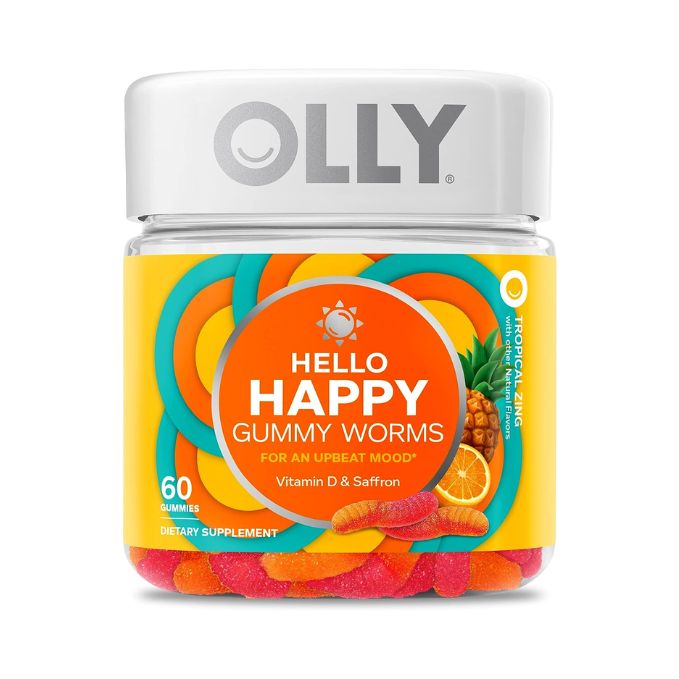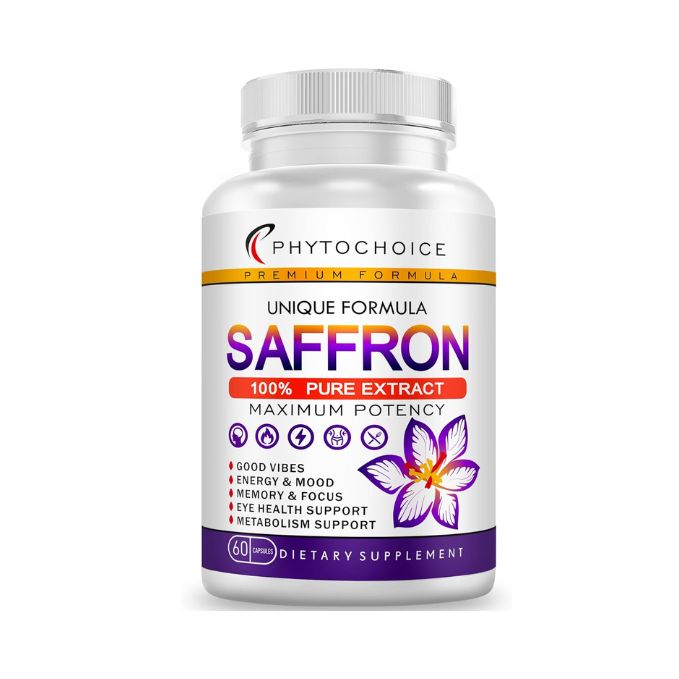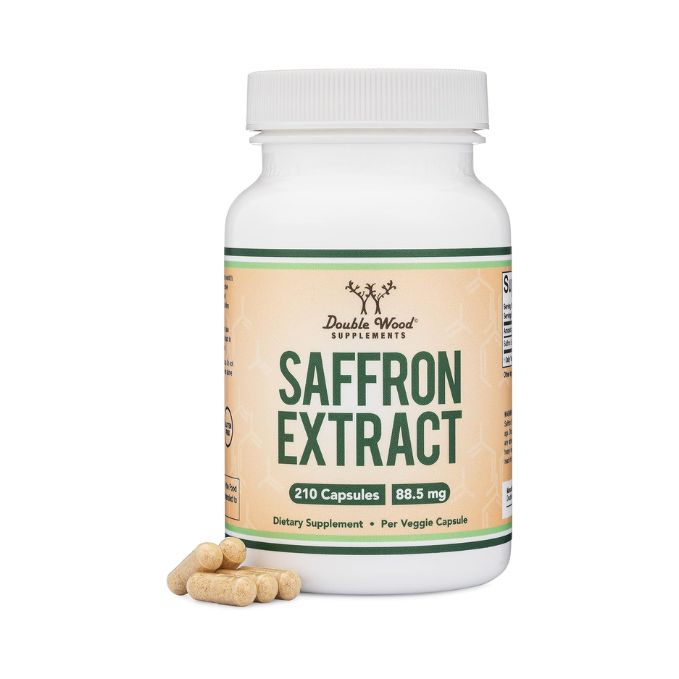Do you ever find yourself needing a little lift to brighten your day? It’s a common feeling that many people experience as they navigate the ups and downs of life. Sometimes, it can feel tough to shake off that cloud of low energy or sadness. Remember, acknowledging your need for a mood boost is a powerful first step toward rediscovering your joy and vibrancy!
Limitations of Medications for Mood Enhancement
Prescription drugs and certain medical practices intended to boost mood and possess mood-enhancing properties often fail to provide sustainable and effective results. Medications such as selective serotonin reuptake inhibitors (SSRIs) and benzodiazepines are commonly prescribed for mood disorders, but they come with significant limitations and side effects. SSRIs, while effective for some individuals, can cause side effects such as weight gain, sexual dysfunction, and increased risk of suicidal thoughts, particularly in young adults (Fergusson et al., 2005). Benzodiazepines, although they can provide temporary relief from anxiety and improve mood, are associated with risks of dependency, tolerance, and cognitive impairment with long-term use (Baldwin et al., 2013).
Moreover, the efficacy of these medications in improving overall mood and well-being is often comparable to that of placebos, as shown in various studies (Kirsch et al., 2008). Non-pharmacological approaches such as cognitive-behavioral therapy, regular physical activity, and mindfulness practices have been found to be more effective and sustainable for mood enhancement without the adverse effects associated with medications (Hofmann et al., 2012). These strategies not only address the symptoms but also the underlying causes of mood disorders, promoting long-term mental health and well-being.
Exploring Saffron’s Benefits for Mental Health
Saffron (Crocus sativus) has been traditionally used for its mood-enhancing properties, and recent scientific research supports its efficacy as a natural antidepressant. Studies have shown that saffron can significantly improve symptoms of depression and anxiety. A meta-analysis conducted by Hausenblas et al. (2015) found that saffron supplementation was effective in reducing depressive symptoms in adults, with efficacy comparable to standard antidepressant medications but with fewer side effects. The active compounds in saffron, such as crocin and safranal, are believed to exert their antidepressant effects by increasing the levels of serotonin and other mood-regulating neurotransmitters in the brain (Moshiri et al., 2015). Additionally, a randomized controlled trial by Lopresti and Drummond (2017) demonstrated that saffron extract significantly improved mood in participants with mild to moderate depression. These findings suggest that saffron is a promising natural alternative for enhancing mood and supporting mental health.
Different Ways to Use Saffron
Saffron is available in various forms, including gummies, capsules, and extract, each offering unique benefits. Saffron gummies provide a tasty and convenient way to enjoy the herb’s mood-enhancing properties, while capsules offer a concentrated dose for those seeking therapeutic effects. Saffron extract, on the other hand, is often used in cooking or as a supplement for its rich antioxidant content and potential to support overall well-being.

OLLY Hello Happy Gummy Worms
These gummy worms are a delicious way to support mood balance and emotional well-being. Infused with vitamin D and saffron, they provide a natural boost to your mood while promoting overall happiness. Enjoy these tropical-flavored gummies as part of your daily routine for a brighter outlook on life.
Saffron Supplements
Pure saffron extract capsules offer a powerful way to enhance energy and mood. In addition to supporting emotional wellness, these capsules promote eye health, benefiting the retina and lens. Incorporating saffron into your daily regimen can help uplift your spirit and maintain overall vitality.


Saffron Supplement for Focus
These vegan saffron extract capsules are designed to sharpen focus while acting as a minor appetite suppressant for healthy weight management. With 88.5mg of saffron per serving, they provide a natural way to enhance mental clarity and emotional well-being, making it easier to stay on track with your health goals.
Revitalize Your Mood Naturally
Embracing a holistic approach to mood enhancement can lead to sustainable improvements in your mental well-being. By focusing on natural solutions and lifestyle changes, you empower yourself to cultivate joy and resilience. Remember, the journey to a brighter mood is not just about quick fixes but about nurturing your overall health and happiness.
Transform Your Destiny
Are you ready to unlock your full potential and create a life you love? Embrace practical and proven techniques to help you master your mind, empower your body, and rule your life.
Disclosure: Start Now How is no longer an Amazon Associate. Links to Amazon products in this post are provided solely for informational purposes and do not result in any commission. For more details, please see our Privacy Policy.
Legal Disclaimer
The information provided on this website, including blog posts and downloadable materials, is for educational and informational purposes only and is not intended as medical advice. The content is not a substitute for professional medical advice, diagnosis, or treatment. Always seek the advice of your physician or another qualified health provider with any questions you may have regarding a medical or psychological condition. Do not disregard professional medical advice or delay in seeking it because of something you have read on this website. The use of any information provided on this website is solely at your own risk. Before beginning any new health regimen, including natural remedies, exercise routines, mindfulness practices, or life improvement strategies, consult with your general physician to ensure it is appropriate for your individual health needs and conditions.
References
Baldwin, D. S., Aitchison, K., Bateson, A., Curran, H. V., Davies, S., Leonard, B., & Nutt, D. (2013). Benzodiazepines: Risks and benefits. A reconsideration. Journal of Psychopharmacology, 27(11), 967-971. https://journals.sagepub.com/doi/10.1177/0269881113503509
Fergusson, D., Doucette, S., Cranley Glass, K., Shapiro, S., Healy, D., Hebert, P., & Hutton, B. (2005). Association between suicide attempts and selective serotonin reuptake inhibitors: Systematic review of randomised controlled trials. BMJ, 330(7488), 396. https://www.bmj.com/content/330/7488/396
Hofmann, S. G., Sawyer, A. T., Witt, A. A., & Oh, D. (2012). The effect of mindfulness-based therapy on anxiety and depression: A meta-analytic review. Journal of Consulting and Clinical Psychology, 80(2), 169-183. https://journals.plos.org/plosmedicine/article?id=10.1371/journal.pmed.0050045
Kirsch, I., Deacon, B. J., Huedo-Medina, T. B., Scoboria, A., Moore, T. J., & Johnson, B. T. (2008). Initial severity and antidepressant benefits: A meta-analysis of data submitted to the Food and Drug Administration. PLoS Medicine, 5(2), e45. https://journals.plos.org/plosmedicine/article?id=10.1371/journal.pmed.0050045
Hausenblas, H. A., Saha, D., Dubyak, P. J., & Anton, S. D. (2015). Saffron (Crocus sativus L.) and major depressive disorder: a meta-analysis of randomized clinical trials. Journal of Integrative Medicine, 13(4), 231-240. https://pubmed.ncbi.nlm.nih.gov/24299602/
Lopresti, A. L., & Drummond, P. D. (2017). Saffron (Crocus sativus) for depression: A systematic review of clinical studies and examination of underlying antidepressant mechanisms of action. Human Psychopharmacology: Clinical and Experimental, 32(6), e2574. https://onlinelibrary.wiley.com/doi/10.1002/hup.2574
Moshiri, E., Basti, A. A., Noorbala, A. A., Jamshidi, A. H., Abbasi, S. H., & Akhondzadeh, S. (2015). Crocus sativus L. (saffron) stigma extract: a randomized, double-blind, placebo-controlled trial in mild to moderate depression. *Journal of Ethnopharmacology, 158, 144-147. https://www.sciencedirect.com/science/article/abs/pii/S0378874114007260?via%3Dihub

